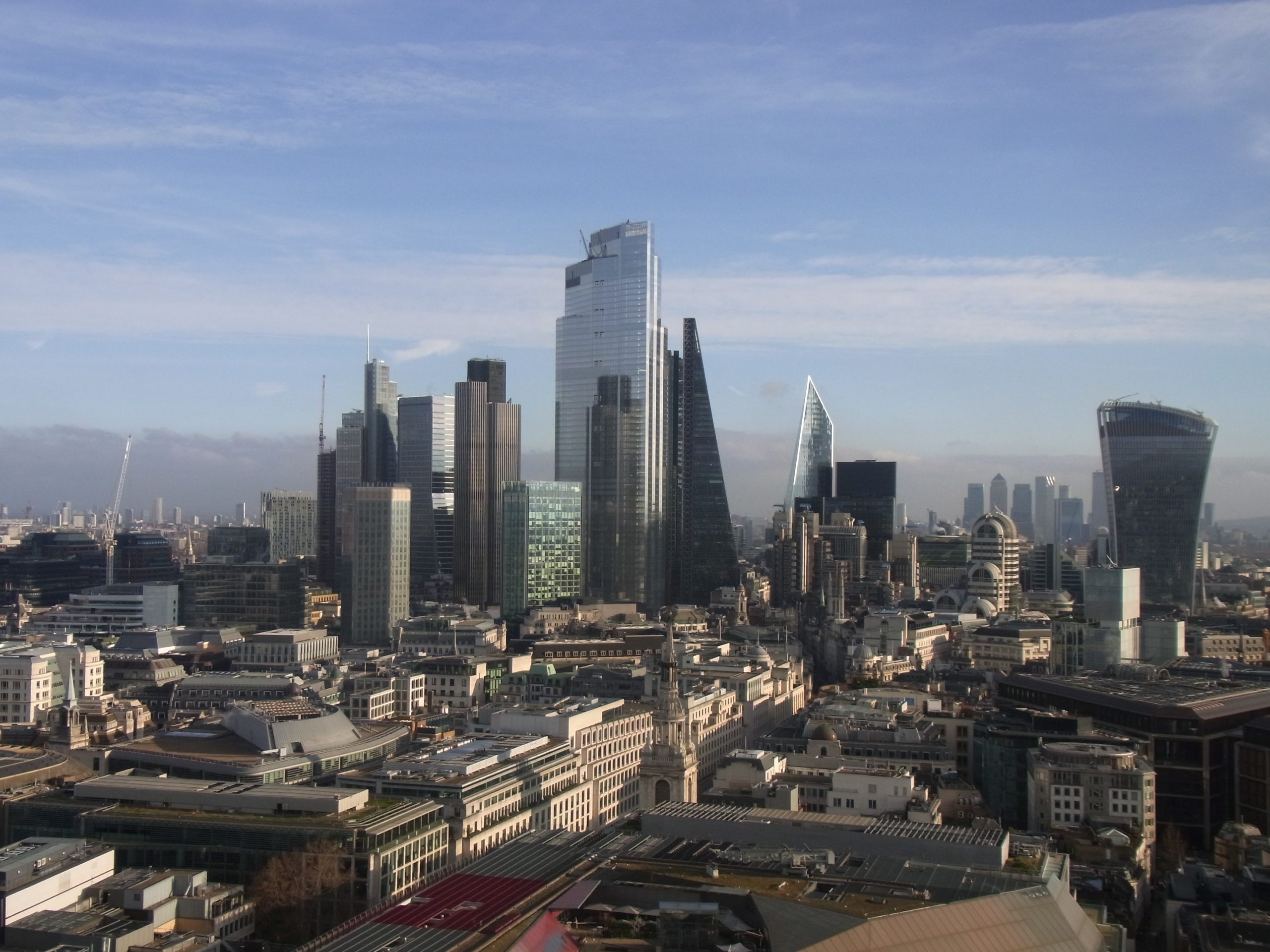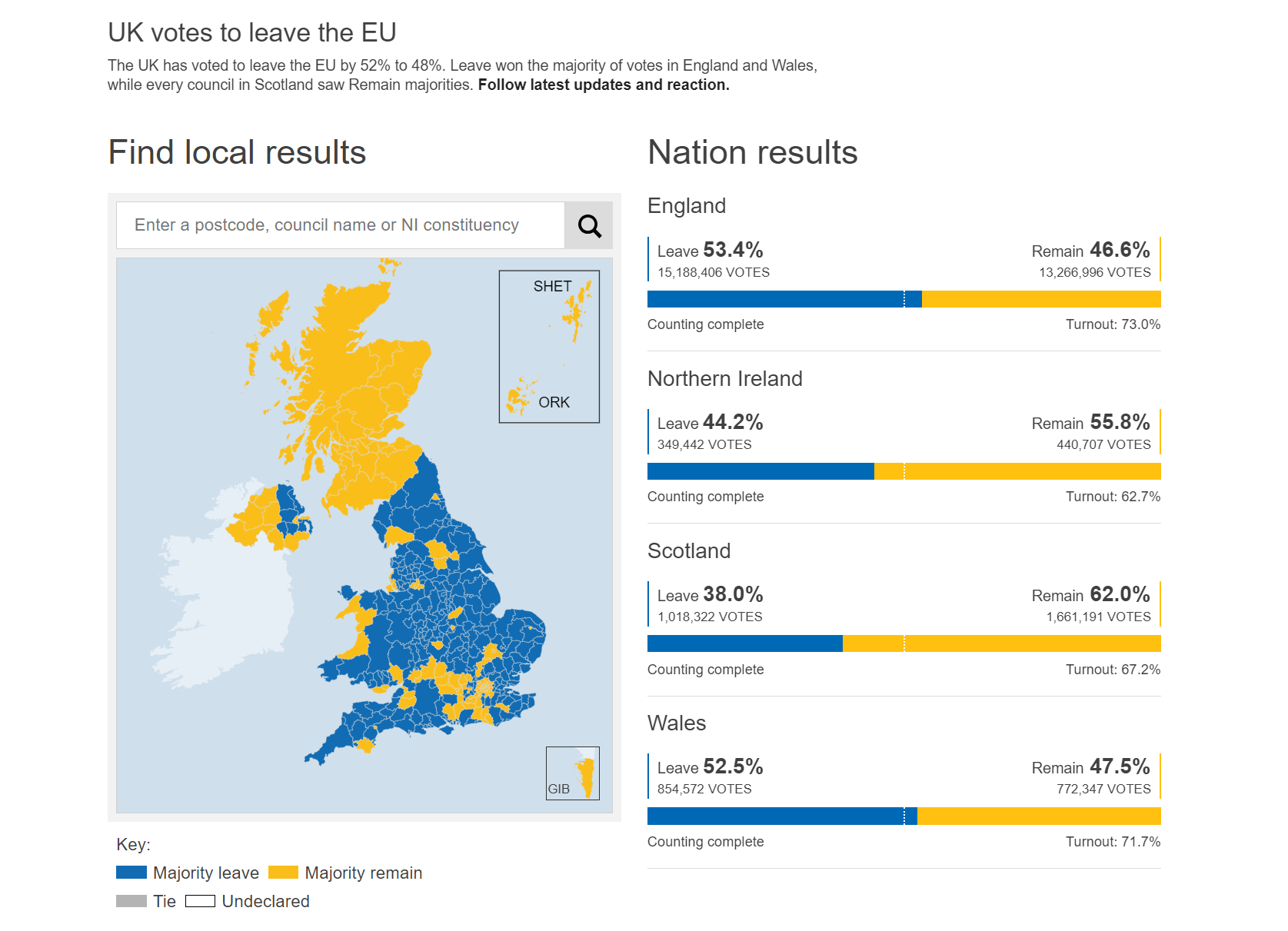Following the previous writing about digital marketing job experience outside Vietnam, I would like to share another viewpoint of the UK market with some features. It is a challenging task to sketch out UK traits in around a 1000-word reflection, especially when I have been limited to varied industries and EU territories in the last 4 years, due to Covid-19 and Brexit. However, as a marketer & business strategist who is passionate about history, and cultures, this writing initially satisfies my curiosity. It also benefits my work. Then I hope it might do to some fresh minds exploring English.
I embrace all comments to rectify or contribute to my understanding so that my mind and my eyes are open. Thanks for your attention & reading.
#1 Customer Insights
Online retail becomes the mainstream however high street shops still are preferred
To We Are Social, 97.8% of the UK population uses the internet every day, spending almost six hours online. Among all online behaviors, information search accounts for 66.5% and product and service search occupies 50.8%. The research in 2022 by Statista also disclosed that online retail in the UK is at 26%. Though online shopping is an obvious trend, brick-and-mortar business still finds its edge in daily life. The vast majority of all retail sales (82%) in the UK still come through physical stores (Mintel,2019). It leaves much room for its growth and the competition itself.
English sticks to valued-for-money products/services
English prefer any brands that make them feel valued and get value for money. As consumers are tech savvy, they are keen readers. They prefer to check product specifications, as long as recent reviews before making decisions. English also favors brands’ ethical behaviors. They are willing to pay more or higher as long as brands show their ethical commitment (Santandertrade.com)
Britons are considered as loyal customers. During a survey by Statista (2022), 73 percent of responding consumers stated that they considered themselves loyal to certain retailers, brands, or stores. Customer relationship investment, therefore, will pay off in the long run. Loyalty schemes such as cashback, gift cards, and physical rewards are considered the drive for more frequent sales, especially during a high stagflation period (high inflation, slow growth rate and relatively high unemployment 2022). Nevertheless, these don’t offset good product/service quality and great customer service.
The UK is also very culturally diverse across different regions. Though the UK is highly urbanized, it places great value on country living. The countryside and the sleepy village, for example, are seen as quintessentially British and highly appealing depending on your target audience and what lifestyle aspects are relevant to your brand. Local media channels such as newspapers, magazines, and leaflets still work.

#2 Business culture
The fundamental principles of business culture in the United Kingdom are professionalism and punctuality (Santandertrade.com). Firstly, professionals are expected to demonstrate a strong work ethic and take responsibilities seriously. These values impact dress codes; polite, indirect behaviour manner, and teamwork & collaboration in the office. Effective communication is crucial as both parties follow agendas and respect the listener’s opinions. English are known for their “tongue-in-cheek and ironic humor, which is normally used when doing business. Secondly, punctuality and time management are extremely important in the UK. It is important to arrive on time or even slightly early. Tardiness reflects badly in a professional manner. Business counterparts should inform their counterparts of their delays with an explanation and an apology.
The UK corporate is relatively hierarchical. Roles and responsibilities are clearly defined within the organization. Decision-making often follows a top-down approach, with input from higher-level management. Managers/leaders should promote open communication, transparency and provide clearer direction to employees. It will enhance a positive work environment where employees feel valued and motivated.
Following Anglo-saxon governance system, UK enterprises rely on the capital market, as the place of control over the corporation. The pressure from the markets for short-term results (EPS = earnings per share) or/and ROI (return on investment) is the key measure of success. It therefore may cause volatile instability. The company has to meet stringent requirements for accounting and transparency.
Advancements in technology significantly influence work culture and productivity with a digital tool, and collaboration platform preference to centralise and streamline management. Especially during the pandemic, technology reshapes and enables seamless communication across different locations and time zones.
Industry and sub-industry associations and federations are popular in each sector. Members who pay the subscription fee annually will benefit from updated policies, news, expert analysis, and regional and national networking events. Members can also feedback so that the board of trustees will raise up to the Local Authorities and Central Government for national attention. Personally speaking, it supports quicker industry information discussion and a better policy-making process eventually.
#3 Brexit has been the biggest-ever imposition of bureaucracy on business
The result of the EU referendum (June 2016) with 51.9% of the votes cast being in favour of leaving the EU has shown the internal conflict in Great Britain. After Theresa May – the successive prime minister officially triggered Article 50 in March 2017, up to now, after 5 years, we have started to see the first consequences.
Trading
Based on ONS analysis and forecast (2020), the volume of UK imports and exports will both be 15 percent lower in the long term than if the UK had remained in the EU, reducing the overall trade intensity of GDP. They also project a 4 percent reduction in the potential productivity of the UK economy, building up gradually with the full effect felt after 15 years. Even the UK government has successfully signed 71 FTAs within the last 3 years, noticeably with EU, Australia, New Zealand, and Japan.
Even Trade and Cooperation Agreement (TCA) with Europe comes into effect on 1 January 2021, it will reduce long-run productivity by 4 percent relative to remaining in the EU (OBR, 2021). TCA lowers the tax rate down to 0% but is less effective at preventing non-tariff measures (NTMs) from increasing customs clearance and cost,unfortunately (BCC, 2022). Hopefully, in the first review of trade performance in 2026, parties will find solutions to gradually remove impediments for quicker good & service flows.
Out of the world’s largest trading bloc – EU, UK enterprises make an effort to expand the market to the US, Australia, New Zealand, and Japan. Nevertheless, its material effect will be minimal and might be progressive in the long run. Because, like TCA, these FTA replicate terms of deals as an EU member state, rather than creating new trading arrangements. Big UK companies seeking a “foothold” in the single market to ease the red tape burden helped Germany reach its highest-ever level of foreign direct investment (FDI) last year ONS (2022).
Investment
Since 2021, while contacting a lot of recruiters, I frequently received similar negative feedback of business growth. Obviously, investment projects have stalled since the post-referendum as businesses remain wary of the outlook of the economy.
According to OECD, UK is the only economy that has not recovered to its size in late 2019. It underperformed compared with every other G7 counterpart (OBR, 2021). According to research by EY (2022) after the UK’s EU referendum, 44% (97 out of 222) of the largest UK financial services firms (that joined the survey) have announced plans to move some UK operations and/or staff to the EU – a figure that nearly doubled between March 2017 (53 out of 222, 24%) and March 2021 (95 out of 222, 43%). If not London, companies will prefer to move to Dublin – a member of the European Economic Area – for staff relocations and new European hubs or offices. In Europe, Luxembourg is the second most popular destination, followed by Frankfurt with 23 companies, and Paris with 21.
Now the next question is what the government needs to do to keep and attract companies, capitals, and more investment in the UK, maintain the tie with EU trading bloc. Indeed, it is a big question that needs a thorough analysis and observation of global issues.
My personal viewpoint about Brexit
To summarise, I would like to share my personal opinion after almost 4 years living in the UK. Regardless of the rich history and language improvement benefits, Great Britain now has become a less attractive destination to a foreigner. To specify:
- Costly products & services with a more fragile supply chain. For instance, I felt shocked to witness a shortage of salad vegetables at the beginning of 2024 nationwide.
- Complicated, expensive visa procedure to travel to Europe. It normally takes me at least 1 week – 3 months to prepare for the trip; 1 working day to present at visa appointment; 1 day to travel to destination and return. Just thinking of procedure and time spent demotivates me to travel. In ASEAN, it just takes me 1 week, 4 hours accordingly.
- Unstable politics change that clouds the economic and investment perspective when fewer job opportunities after graduation than before
I don’t mean that I haven’t accumulated any benefits of living in the UK. Nevertheless, these are nuisances that frequently make me feel like “existing” not “thriving” or “flying to Europe”. At the end of the day, as said, it depends on your own “taste”.
#4 Conclusion
During this writing, I read a variety of articles, reports and also witness global politics and economics changes within 45 days. I have felt not easy to write down and conclude now.
As a advanced free market and one of the most ethnically diverve country, British government has to deal with diversified domestic demands, abide by national and international regulations, ties as a member of. These changes will obviously challenge Britons’ consumption behaviors, business traits , nation values and shape nation future. What do these change mean to us, our work, our sector ? and what do we need to do are? What do we need in life? are all serious questions that drive our actions.
In a word, I have tried to generalise English business characteristics based on my comparison between countries I have lived and across sectors that I have worked. This series of writing just serves as my past experience which will be changing.
London, Oct 2023
Kate N.
